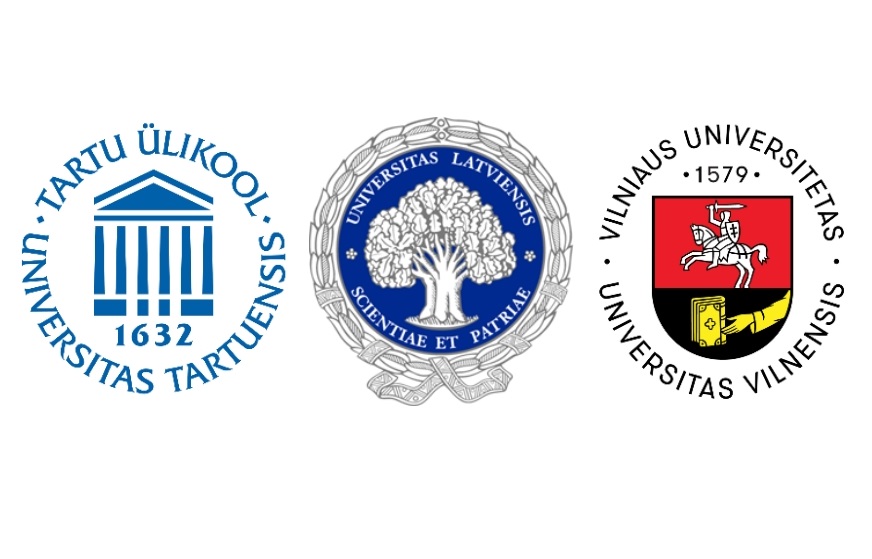Rectors‘ Scholarship Contest Begins – Apply Now!

In 2017 rectors of University of Tartu, University of Latvia and Vilnius University (VU) announced a joint scholarship contest for promoting the learning and teaching of the Estonian, Latvian and Lithuanian languages and culture. Last year Milda Dailidėnaitė, alumna of VU Faculty of Philology currently studying at University of Tartu, won the 2000 euro scholarship.
This year the University of Latvia will host the event. The contest is open for all full-time students of any curricula (including foreign students) at any of the three universities. The student enrolling in the contest should know one of the languages at C1 level and the remaining two at least at A2 level.
Candidates will be evaluated in three rounds: local written round, local oral round, and the final round in Latvia, where the three best students selected by local juries from each university will compete.
Students who want to participate in the contest must submit two essays by the 21st of December.
One C1 level discursive essay on one of the following topics:
- Latvian, Lithuanian and Estonian Language and Languages in Europe
- Latvian, Lithuanian and Estonian Culture and History in the European Context
Criteria for formatting and length: font size 12; spacing 1,5; length approx. 4 A4 pages.
One A2 level text on one of the following topics:
- My Journey to the Estonian/Latvian/Lithuanian language
- Possibilities of Application of the Learned Language in the Future
Criteria for formatting and length: font size 12; spacing 1,5; length up to 1 A4 page.
The texts should be sent to Agnė Navickaitė-Klišauskienė at with the headline “Baltic countries Rector‘s scholarship“.
If the participant knows two languages on the same or similar level, they can choose to write either on the same or different topics. For example, if the participant knows Lithuanian on the level C1 and chooses the topic “Latvian, Lithuanian and Estonian Language and Languages in Europe” for writing in Lithuanian and they are not fluent in Latvian and Estonian, they need to choose one or two topics from the second category. Therefore, they can either write on “Possibilities of Application of the Learned Language in the Future” in both Latvian and Estonian, or write a different essay for the two topics available. Altogether, every participant must submit three written texts: 1 in Estonian, 1 in Latvian and 1 in Lithuanian.